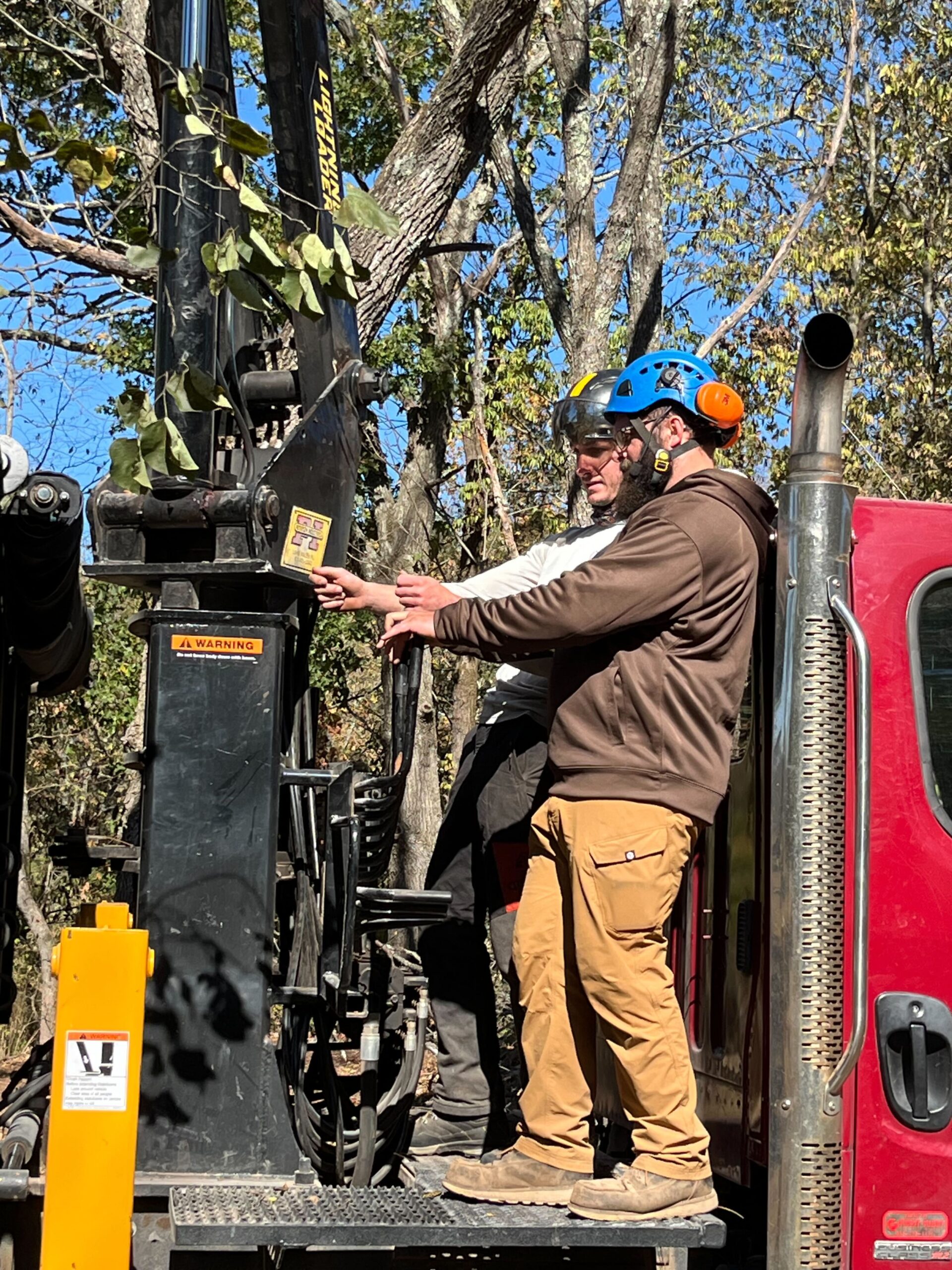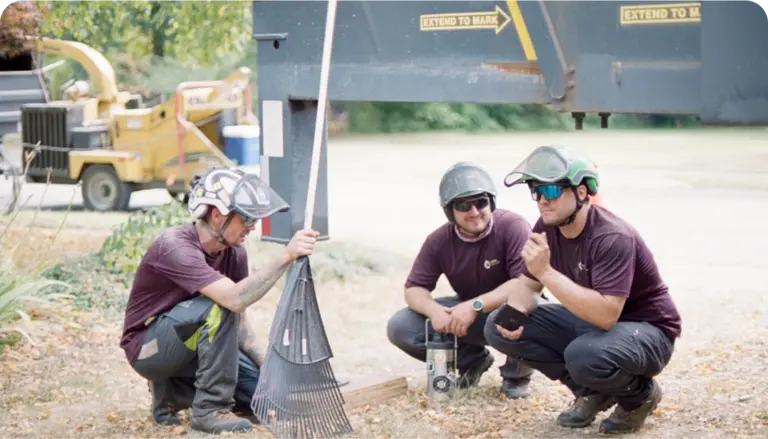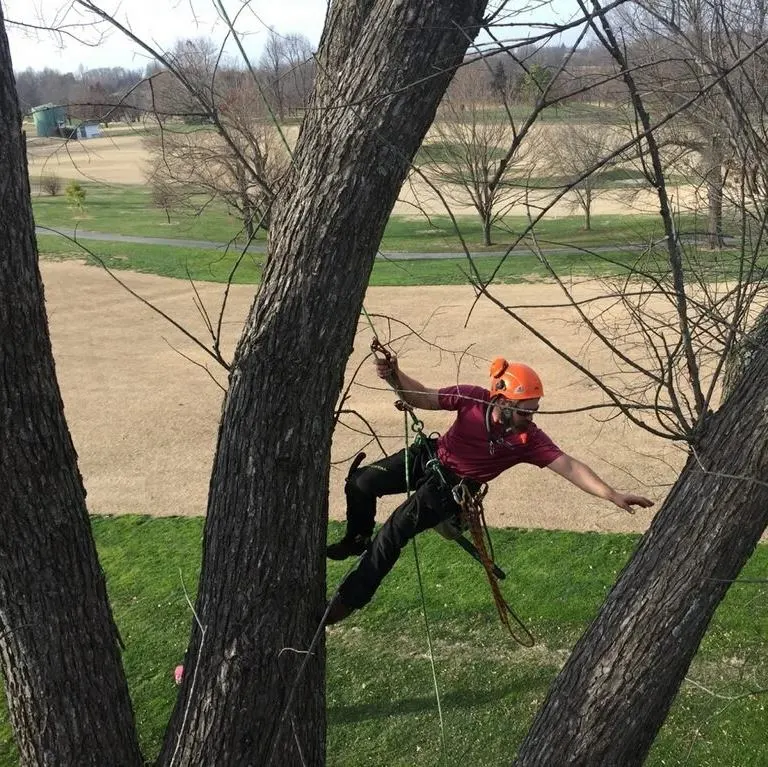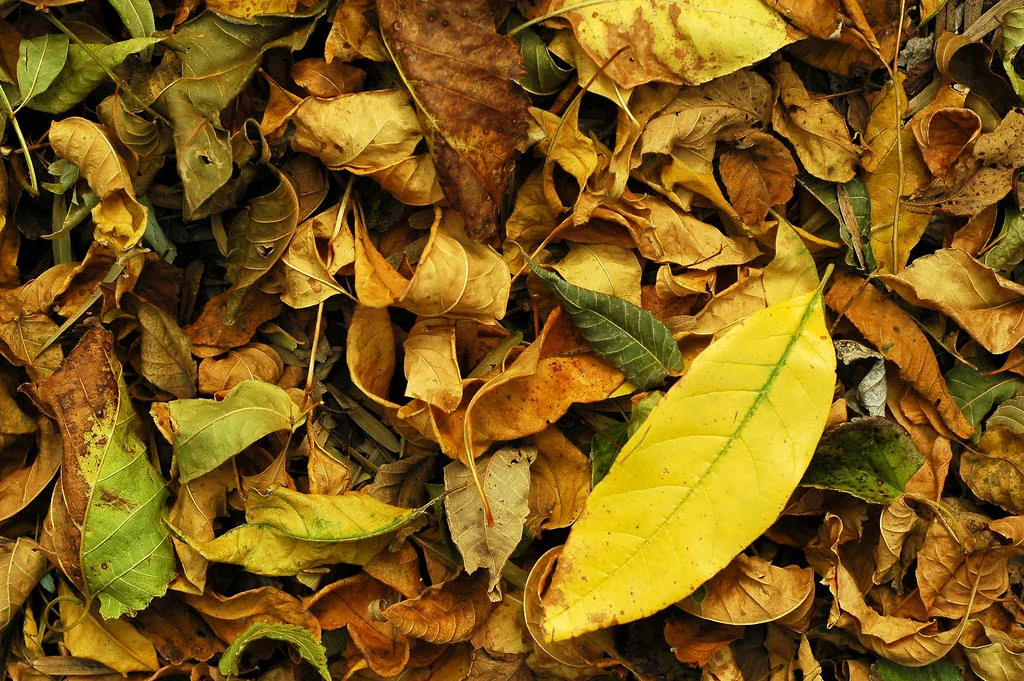Scale Insects Control & Treatment
Scale Insects Control & Treatment in Springfield, MO
Have you noticed your trees looking a little lackluster lately? Are their branches covered in unusual bumps? If so, you might be dealing with a common yet potentially destructive pest: scale insects. These tiny, sap-sucking creatures can cause significant damage to your property’s most valuable trees and shrubs if left unchecked.
The good news is that All About Trees is just a phone call away. We specialize in identifying and managing scale insects and can provide solutions that protect the health and beauty of your trees for years to come.
If you’re concerned about your trees, contact our team of ISA-certified arborists for a tree health inspection and effective scale insect control in Springfield, MO.

What Are Scale Insects & Why Are They Bad for Trees?
Scale insects are a diverse group of pests that feed on the sap of trees and ornamental plants. Their name comes from the protective, shell-like covering that most species develop as adults. This “scale” protects them from predators and many types of topical pesticides, which can make them particularly challenging to control.
A single tree can host hundreds of scales, with each one drawing vital nutrients from the plant. This continuous feeding weakens the tree, leading to symptoms like stunted growth, yellowing leaves (a condition known as chlorosis), branch dieback, and a general decline in vigor.
One of the most telling signs of a scale insect infestation is the presence of a sticky substance called honeydew. This byproduct is excreted by soft scale insects as they feed. While not directly harmful, honeydew can coat leaves and branches, attracting other insects like ants and wasps and promoting the growth of a black, sooty mold that interferes with photosynthesis.
Whether you’re a homeowner proud of your landscape or a business owner aiming to maintain your property’s curb appeal, understanding the threat of scale insects is the first step toward effective management.

Species of Scale Insects
Armored Scales
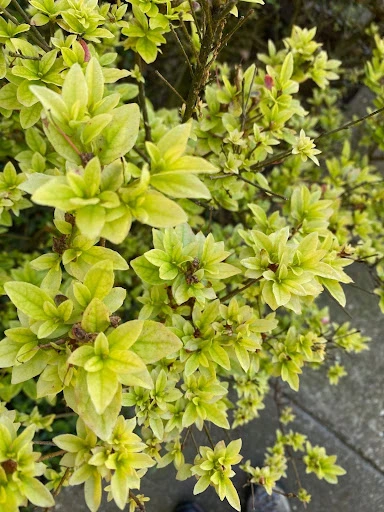
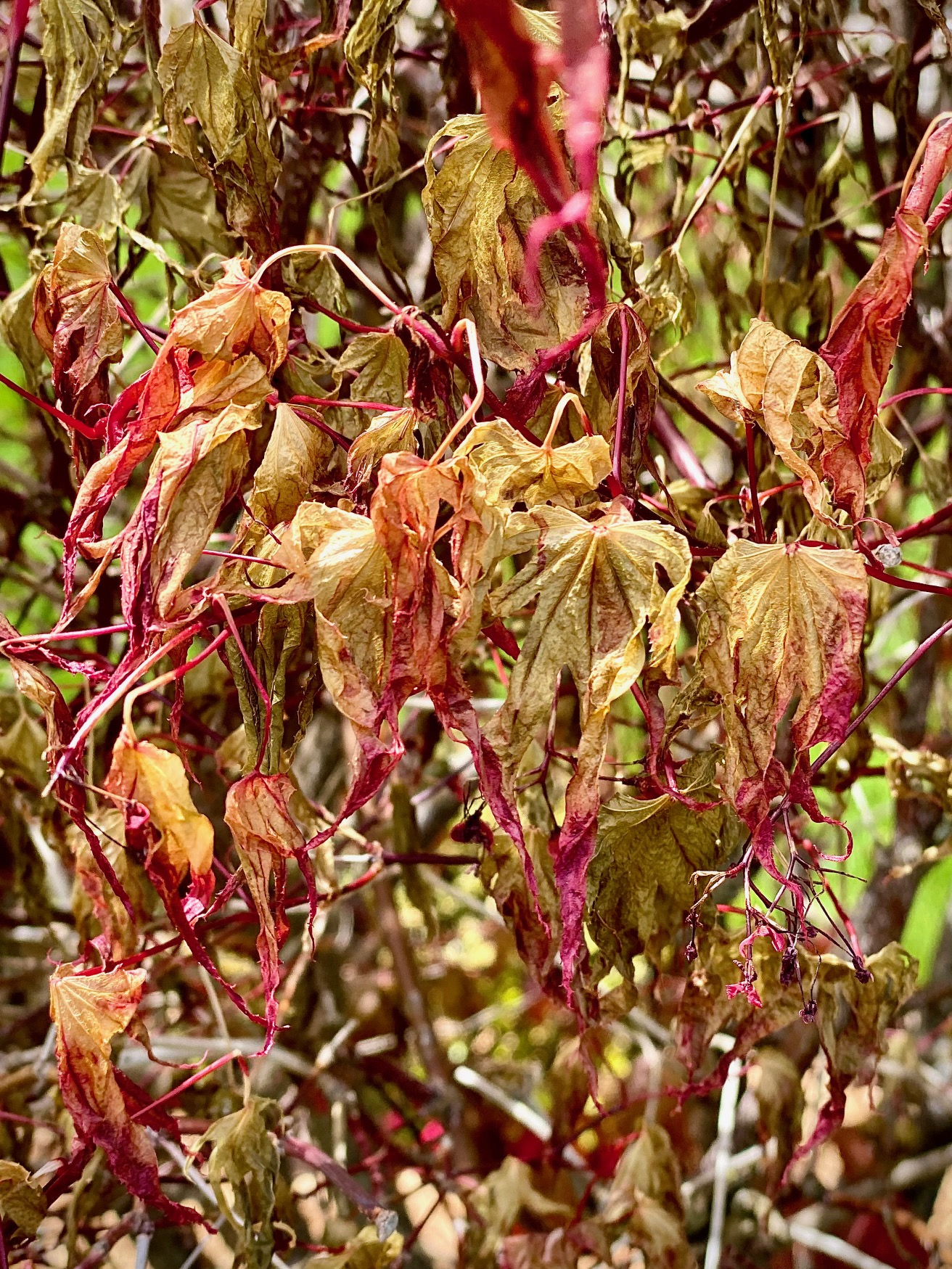
Soft Scales
How We Control Scale Insects
Effectively managing a scale insect infestation requires a strategic, science-based approach. That’s why our certified arborists craft treatments based on the specific species of scale, the extent of the infestation, and the time of year. We always prioritize using the most environmentally responsible methods available to keep your trees and the surrounding landscape safe.
Our primary methods for scale insects control in Springfield, MO, include:
Horticultural Oils
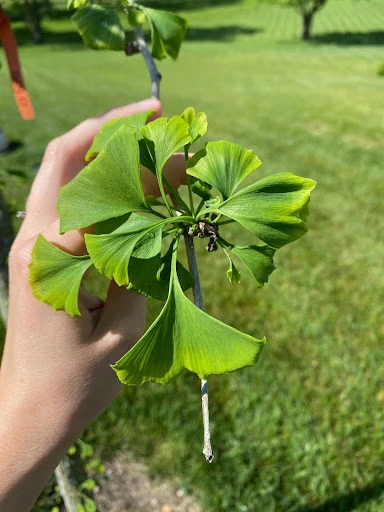

Systemic Insecticides
For severe infestations or on trees where thorough spray coverage is difficult, systemic insecticides can be highly effective. These products are applied to the soil or injected directly into the tree’s trunk. The insecticide is then transported throughout the tree via its vascular system.
When scale insects feed on the sap, they ingest the insecticide and are eliminated. This method is targeted specifically at sap-feeding pests, minimizing exposure to non-target organisms. It provides long-lasting control and is an excellent option for large, mature trees.
Insect Growth Regulators (IGRs)
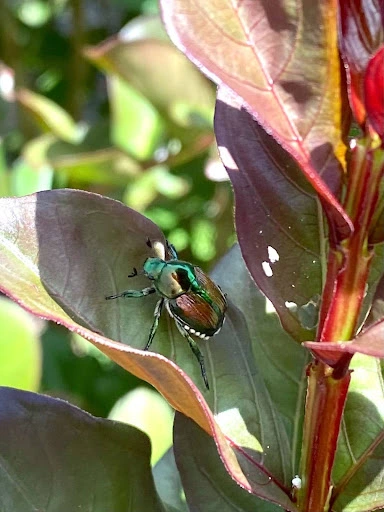
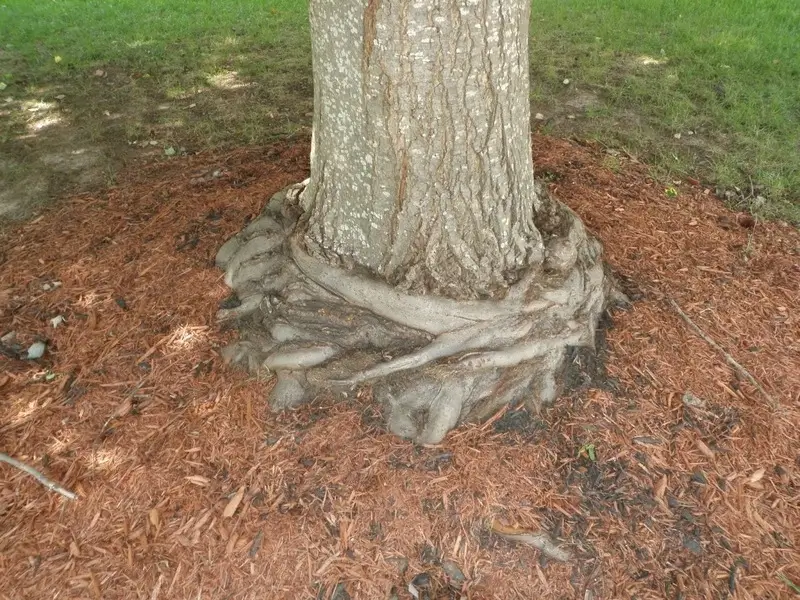
Integrated Pest Management (IPM)
Preventative Measures for Scales
While we are always here to help with an existing problem, the best strategy is prevention. This is because healthy, vigorous trees are less susceptible to all types of pest and disease problems. So, instead of relying entirely on scale insects treatment, consider adding the following strategies to your tree care plan:
- Proper Watering: Ensure your trees receive adequate water, especially during the dry summer months. Drought-stressed trees are prime targets for pests.
- Mulching: Apply a 2-3 inch layer of organic mulch around the base of your trees (without letting it touch the trunk). Mulch helps retain soil moisture, regulate soil temperature, and improve soil structure.
- Fertilize Properly: Be careful not to over-fertilize your trees. Excessive nitrogen can lead to lush, weak growth that is more attractive to sap-sucking insects. A soil test can determine the specific nutrient needs of your trees.
- Routine Pruning: Regular pruning to remove dead, dying, or crowded branches improves air circulation and sunlight penetration, creating a less favorable environment for pests.
- Plant Selection: When adding new trees to your landscape, choose species and cultivars that are well-suited to our local climate and known to be resistant to common pests.
- Regular Monitoring: Routinely inspect your trees for early signs of trouble. Catching a scale insect infestation early makes control much easier and more effective.
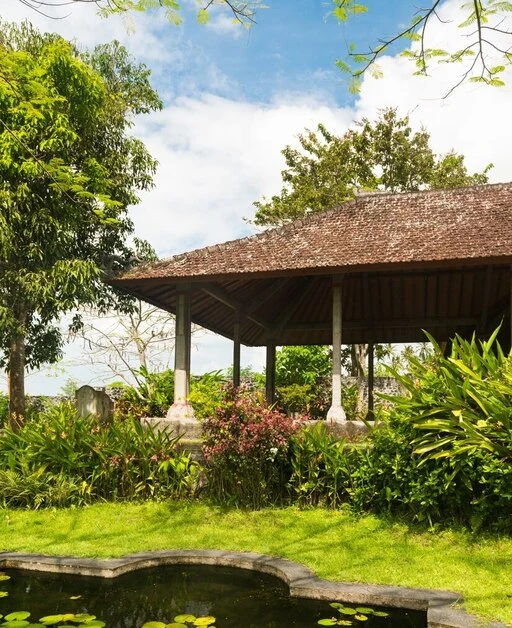
Contact Us Today for Scale Insect Control in Springfield, MO
If you suspect your tree is being affected by scale insects, don’t wait for the damage to become severe. Speak to the certified arborists at All About Trees about your next steps. We have the knowledge, training, and equipment to accurately diagnose the problem and implement the most effective scale insects treatment in Springfield, MO. Our team understands the intricate biology of these pests and the science behind their control and will use proven techniques that protect your trees while being kind to the surrounding ecosystem. Request your free estimate and take the first step toward protecting your trees from damaging scale insects today!
Worried your tree might have a problem other than scale insects? Our plant health care specialists are ready to provide everything from tree mite control to bacterial leaf scorch treatment. So, don’t hesitate to reach out with any questions or concerns about tree insects and diseases.
Contact Us
